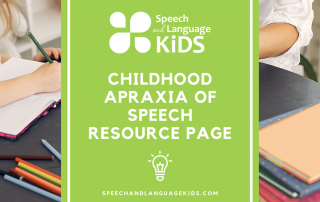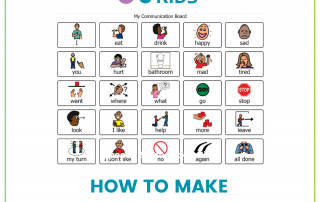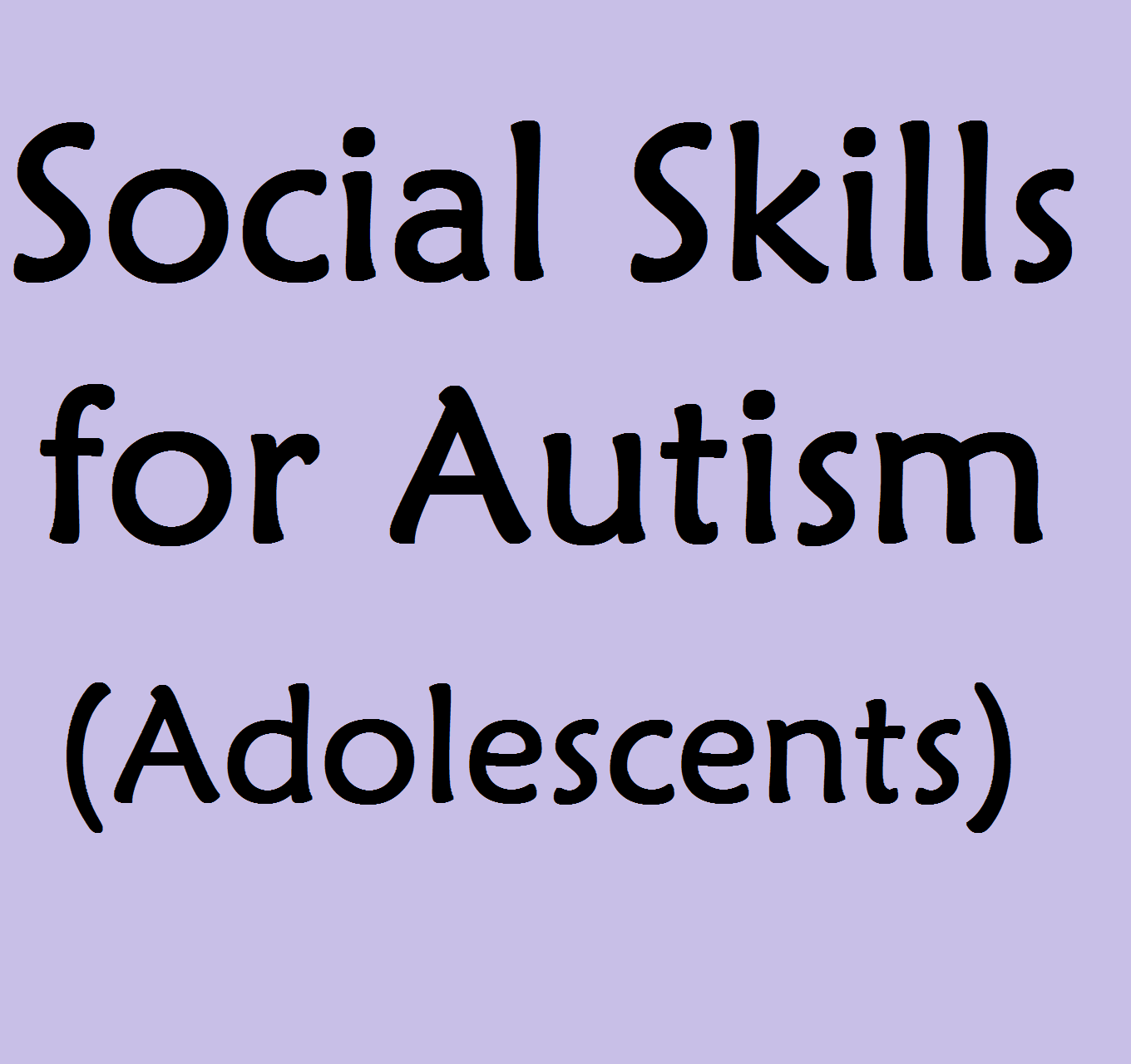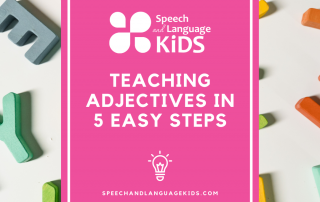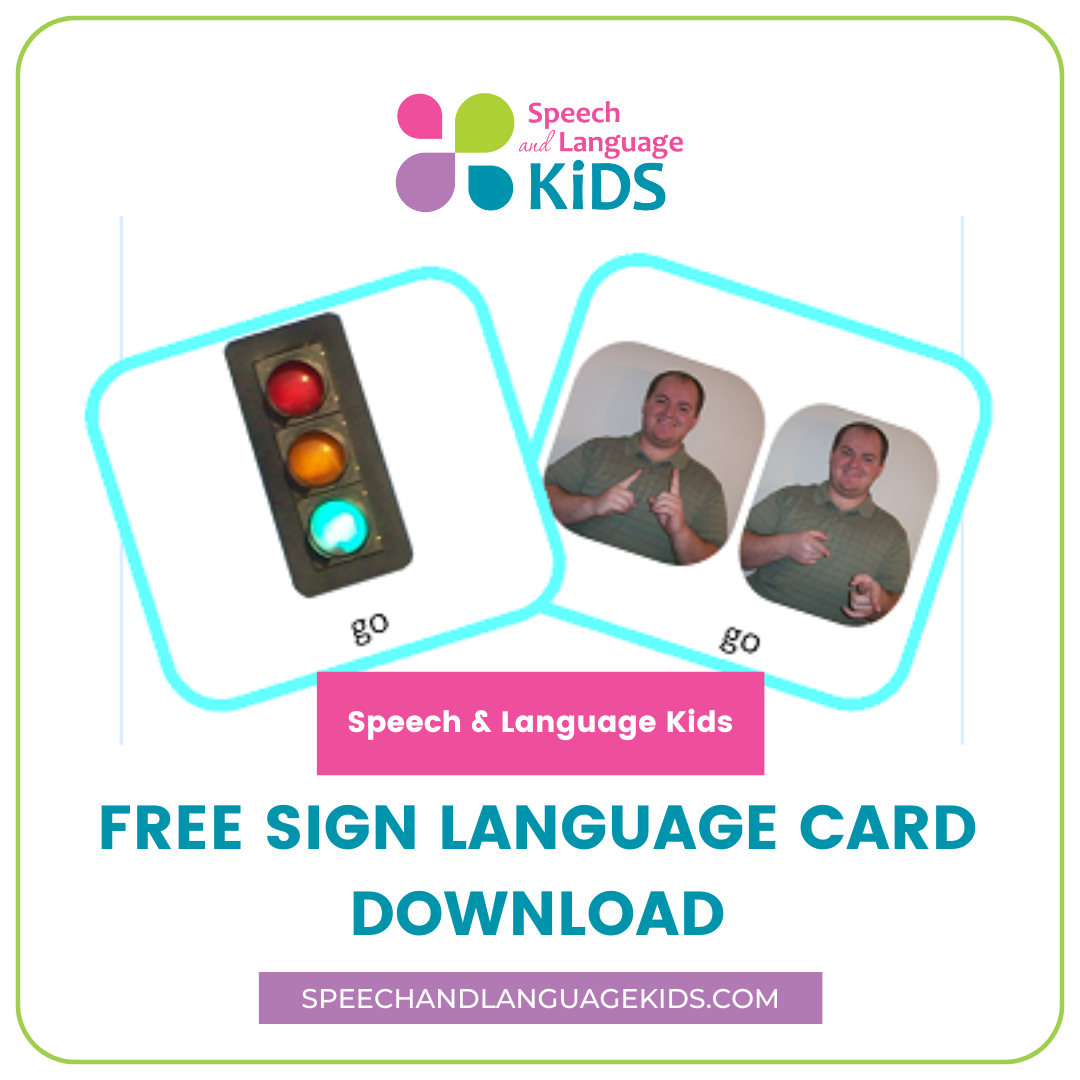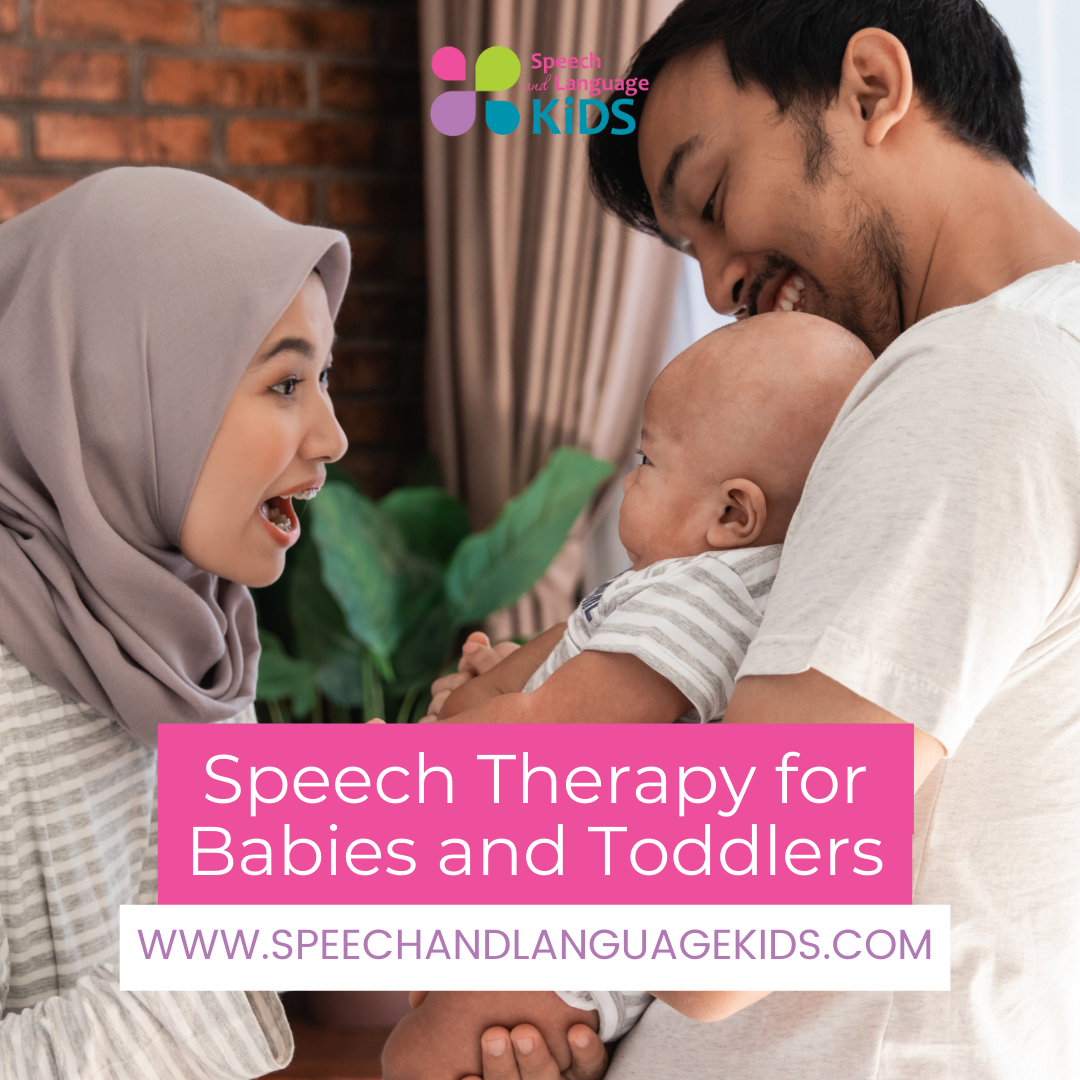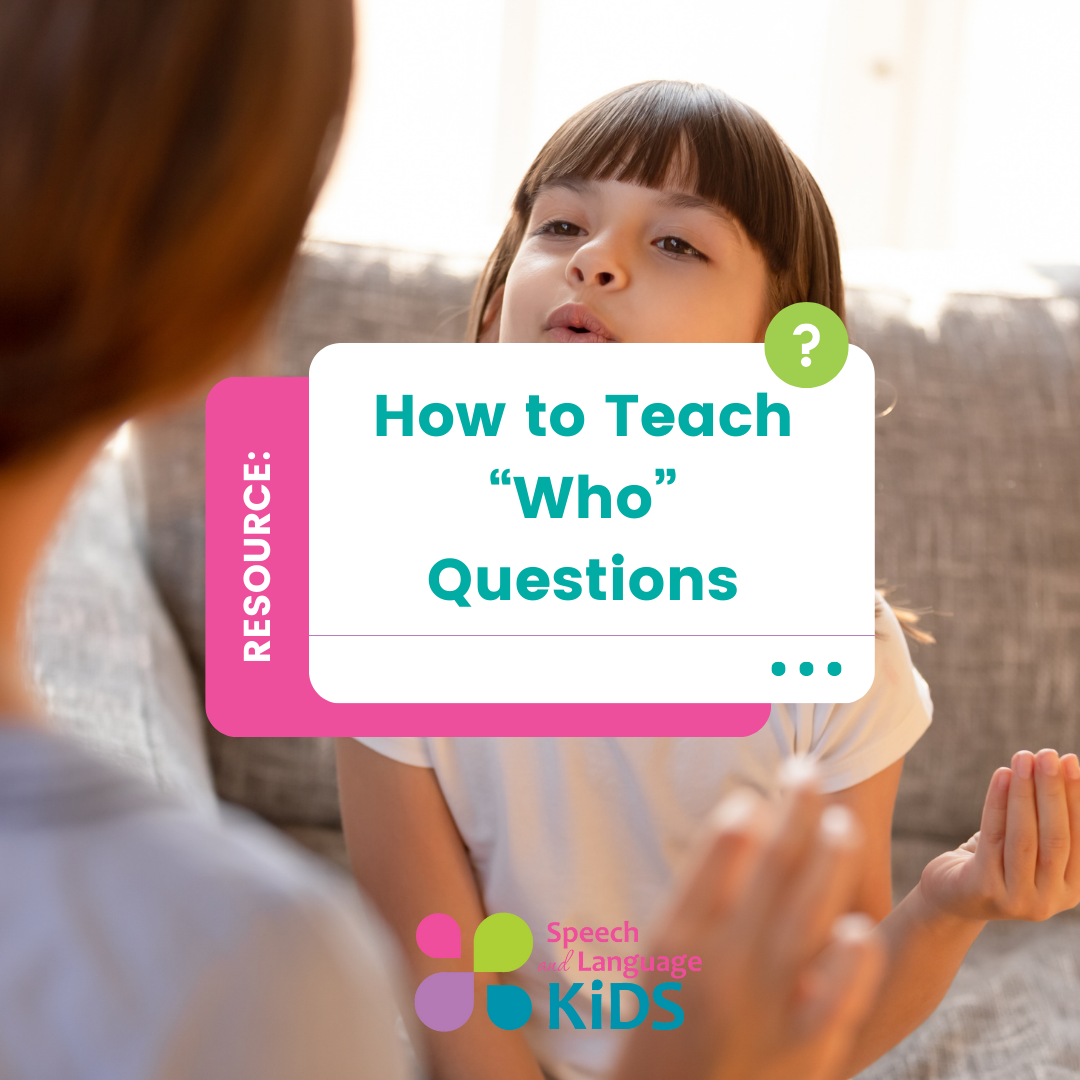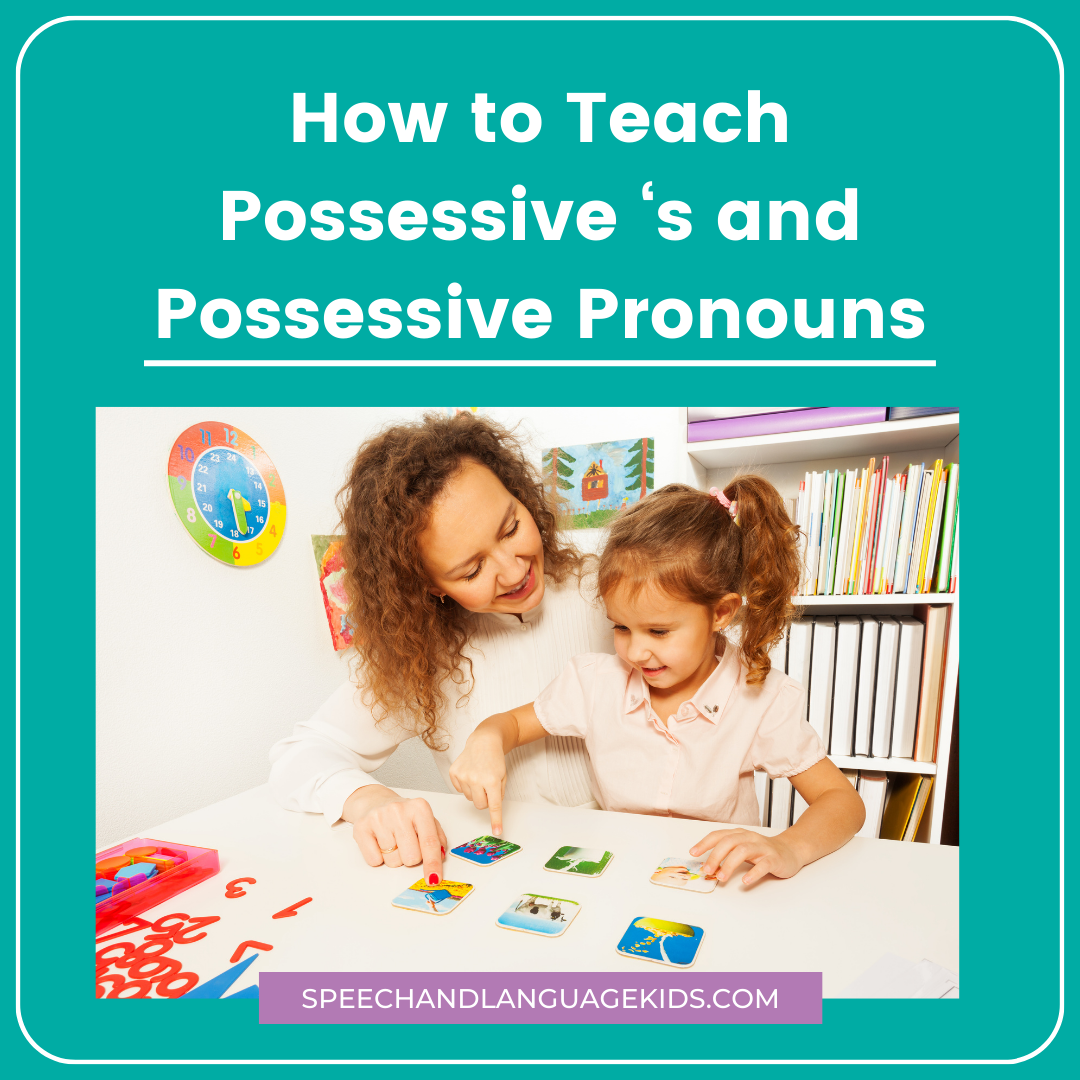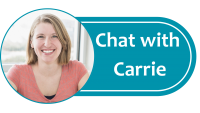Topic:
Resource Type:
Results:
Phonological Processes: Definition, Examples, and Therapy
What Are Phonological Processes? Phonological processes are patterns of sound replacements that children use to simplify their speech. When a child is young, he hears the speech sounds of the language used around him, but he can't yet produce all of them. Children don't sound like adults when they
Initial Consonant Deletion: Minimal Pairs and Therapy Activities
What is Initial Consonant Deletion? Initial consonant deletion is the phonological process when a child consistently leaves off consonants from the beginning of words. For example, "stick" becomes "ick" and "tree" becomes "ee". While young children often leave consonants off of the ends of
/f/ Sound Speech Therapy: Activities for teaching “f”
/f/ Sound Speech Therapy: How to Help Children Learn to Say the /f/ Sound Some children struggle to say the /f/ sound in conversational speech. We don't typically start working on the /f/ sound in therapy until a child is 4-5 years old as many children still struggle
Childhood Apraxia of Speech: Treatment and Resources
Childhood Apraxia of Speech: Treatment and Resources Childhood Apraxia of Speech (or CAS as we refer to it as), is a type of speech disorder that occurs in children, although it is rather uncommon. It is different than other speech disorders because it is neurologically-based, meaning it has
PECS for Autism | Speech Therapy Phases and Strategies
What are PECS? PECS stands for Picture Exchange Communication System. PECS is a systematic way to teach a child how to communicate with someone else by handing them a picture of what they want. This program was originally designed for children with autism but can be used
How to Make Communication Boards
How to Make Communication Boards: Communication boards are a great, inexpensive way to provide someone with a means to communicate who may not be able to speak yet. Each board contains several pictures that represent different message that the person may want to say. The person using the board
Social Skills for Autistic Adolescents and Teens
Social Skills for Autistic Adolescents and Teens Today we're discussing how to teach conversation and social skills to older children who are struggling. This may include children with autism or other social impairments. Social Skill Therapy for Autistic Adolescent and Teens: Join the
AAC Devices for Autism | Are Communication Devices Helpful?
AAC Devices for Autism AAC Devices for autism were designed with one thing in mind: giving a voice to children who can't speak. Speaking is how we as adults communicate with those around us. It allows us to interact with other people and influence the world around
Toddler and Preschool Stuttering: Speech Therapy Ideas and Home Supports
How to Treat Stuttering in Preschoolers and Toddlers Many preschoolers go through periods of stuttering. They may repeat whole words or phrases, use lots of fillers like “um” and “uh”, or seem to have trouble coming up with a word. These phases of stuttering may come and go
Lateral Lisp Exercises for Speech Therapy
What is a Lateral Lisp? A lateral lisp, also called a lateral /s/ or palatal lisp, can be a very tricky thing to treat. With a lateral lisp, air is forced over the sides of the tongue for sounds like /s/, /z/, and “sh” instead
Teaching Adjectives to Kids: Activities and Worksheets
Teaching Adjectives to Children: Activities and Worksheets for Helping Kids Learn Adjectives Descriptors are an important part of our vocabulary. They are the words that describe other words. These can be adjectives (words that describe nouns) or adverbs (words that describe verbs). We use these throughout our everyday
When Questions Speech Therapy | Games & Question Lists
Download the Free When Questions Speech Therapy Game Join the Hub to Access (Free Trial) When Questions Speech Therapy Children with language delays often have difficulty answering questions. When teaching a child to answer questions, it is helpful to
Sign Language Flash Cards: Free PDF Download
Free Sign Language Flashcard Download Click here to download the sign language flashcards for free! Join the Hub to Access (Free Trial) Research has shown that teaching sign language to young children is beneficial to all children, whether they have speech and language
Child/Baby not Responding To Name: How Can We Help?
Child/Baby not Responding to Name: Many parents worry when their baby or toddler is not responding to his name. A child may be ignoring you when you call his name for a variety of reasons. Sometimes, it is just because the child isn't tuned
Baby Speech Therapy: How to Promote Language Development in Infants/Toddlers
Baby Speech Therapy: How to Promote Language Development in Infants/Toddlers Speech Therapy for Babies Congratulations! You’re little bundle of joy is here!! Keep in mind that it’s never too early to start promoting the development of good communication skills. This is especially true if your child was born
Stimming and Hand Flapping when Excited – How to Help
Buy Now Stimming and Hand Flapping When Excited - What is it? Is it a problem if a child is stimming and hand flapping when excited? Sometimes, children will flap their hands or engaging in self-stimulatory behaviors (also called “stimming”)
Calming Strategies for Kids: Techniques to Teach to Children
Calming Strategies for Children: Techniques to Teach to Children It's no secret that children feel a lot of big feelings. Our children with emotional regulation issues (such as those with autism, ADHD, anxiety, anger issues, etc.) may feel those feelings even more intensely than other children. And they
Who Questions for Kids: Speech Therapy Activities
Who Questions for Kids: How to Teach Who Questions in Speech Therapy When a child is learning to answer wh- questions, "who" questions are learned fairly early on. Here's how I teach a child to answer "who" questions: How to Teach Who Questions:
How to Teach Possessive ‘s and Possessive Pronouns
How to Teach Possessive 's and Possessive Pronouns to Children: The possessive 's is what we add to a noun to indicate possession. We can use it to say "Sally's ball", "Mommy's cup" or "the school's mascot". We can also indicate possession by using possessive pronouns like "his",
How Do You Teach Past Tense Verbs to Kids?
Many children with language delays have difficulty using the past tense of verbs. If they want to talk about something that already happened, they will use the present tense or may mis-form the word to create regular/simple past tense or irregular past tense. This can make
Podcast: Play in new window | Download | Embed
Subscribe: Apple Podcasts | RSS




